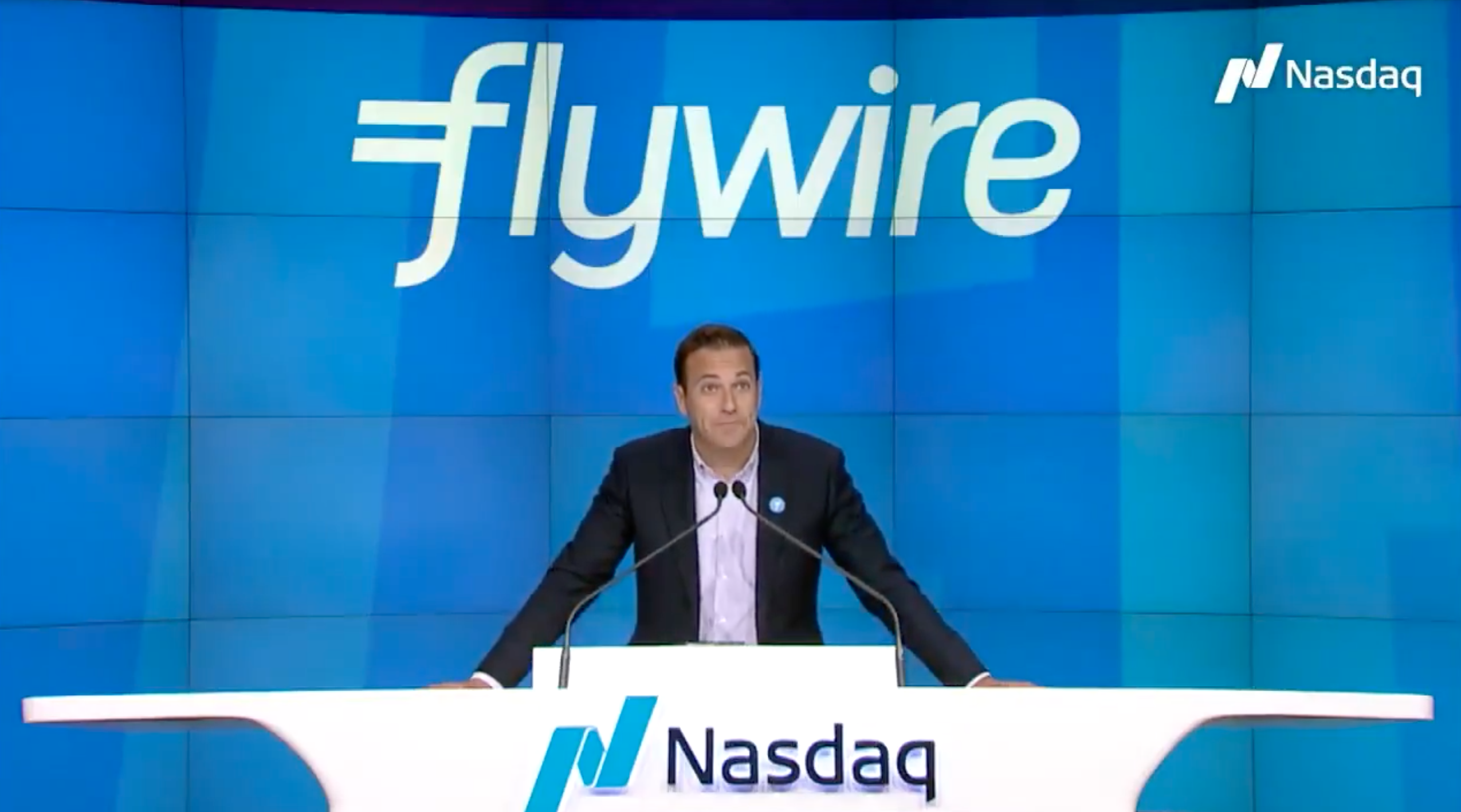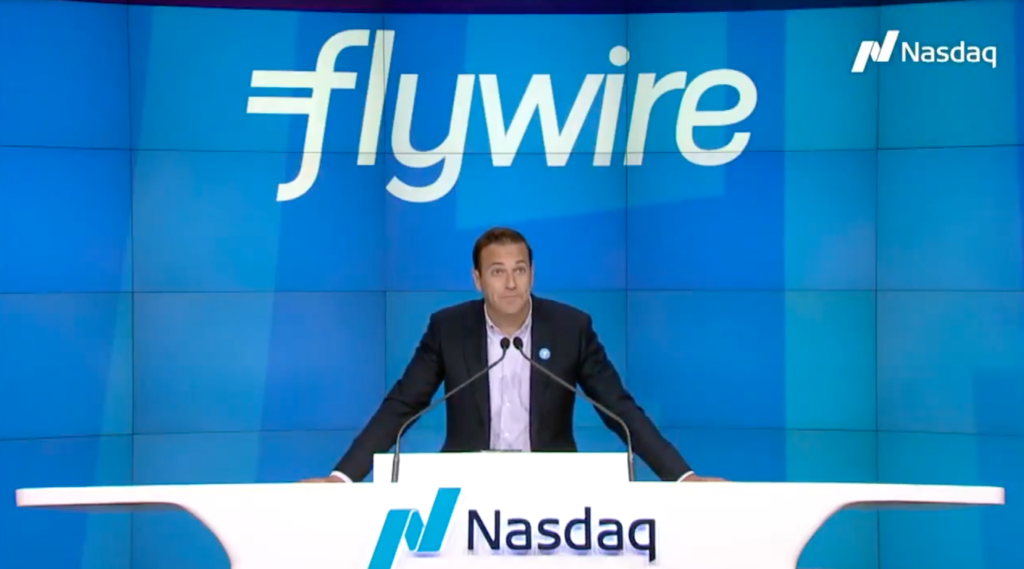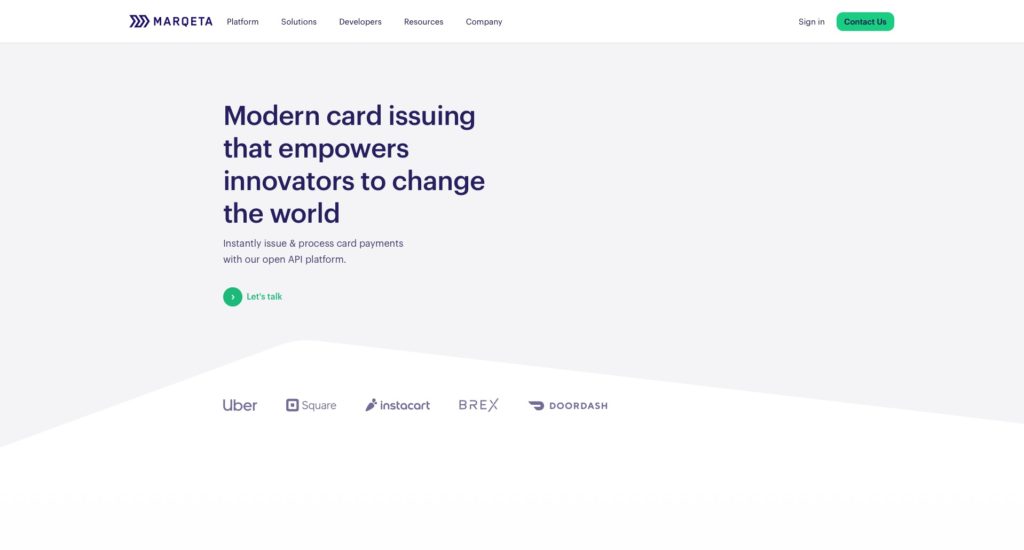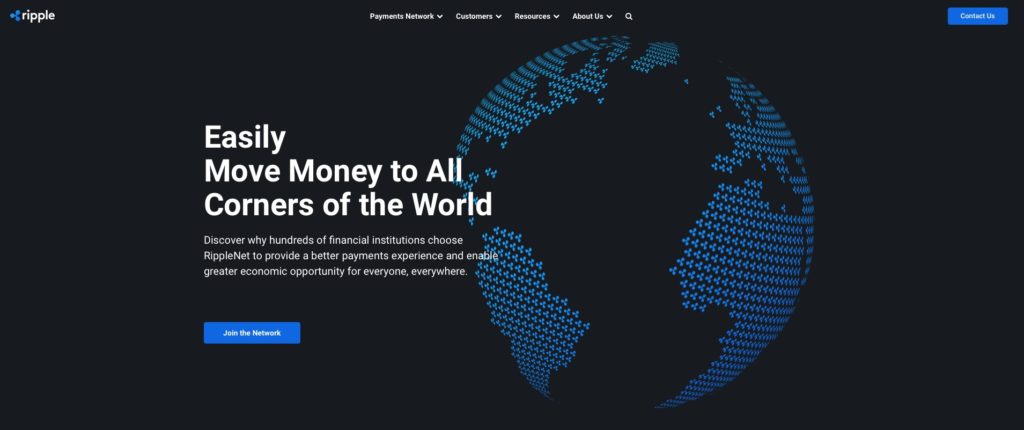This is a sponsored post in collaboration with Sean Hunter, CIO at OakNorth
When it comes to commercial lending, banks rely on risk models to make decisions. These models have been built up internally over decades of lending across thousands, if not tens of thousands of loans, but COVID-19 has exposed unexpected flaws in them. As a result, lenders are re-assessing how best to manage commercial credit risk in the future when other unprecedented events will inevitably occur.
Challenges
The first challenge is that traditional risk models are based on historical data, but in a rapidly changing world, extrapolating from the past is an approach that is no longer fit for purpose. Events such as trade wars, pandemics, natural disasters, and climate change are by their very nature situations that are hard to predict or plan for. We can make assumptions based on what we have seen with similar crises in the past, but no two are the same. Therefore, any data needs to be supplemented with a forward-looking view, which takes into account future challenges that may arise and that provides the much-needed foresight to make more informed credit decisions.
The second challenge is that most banks’ risk models tend to lump all businesses into one of a dozen or so categories – all restaurants, bars and hotels for example, are classified as “hospitality”. This disregards the fundamental differences in how these businesses operate, and makes it harder for lenders to identify the most vulnerable businesses in their portfolio. The experience of a pizza delivery / takeaway chain in New York City throughout the pandemic will have been very different to a Michelin-star fine dining restaurant in The Hamptons for example. Under lockdown, the Michelin-star fine dining restaurant is unlikely to have experienced any business, whereas the pizza chain may have seen an increase in trade as people were spending more time at home. When lockdown eases, however, and restaurants are allowed to reopen (but with strict social-distancing and cleaning measures in place), the situation could be quite different. The formerly empty Michelin-star fine dining restaurant may experience a surge in reservations as many diners would have saved money from a lack of socializing for several months, and look to make their first meal out “special.” Meanwhile, the pizza chain may see demand for deliveries shrink as people rush to enjoy the outdoors and take advantage of their freedom.
In a fast-changing world, a timely change of course informed by insight and foresight is much preferred to 20/20 hindsight when it’s too late to avoid a problem.
– Sean Hunter, CIO at OakNorth
Unprecedented events such as the pandemic can also lead to structural changes which have permanent or long-term implications for the sector. Take a paper and board packaging business for example – during the pandemic, it will likely have seen revenue from paper sales decrease as businesses moved to remote work and instituted digital solutions such as DocuSign. However, on its balance sheet, year-on-year sales for the entire business in 2020 may not seem too different than in 2019. This is because the decrease in demand for paper has been offset by an increase in demand for cardboard as people under lockdown shop online and order items to their home. While the move away from heavy paper use is likely a permanent change from the pandemic, the increase in online shopping is unlikely to stay at peak pandemic levels once people are able to return to in-store shopping. Therefore, if the business fast forwards six to 12 months, it could see a decrease in revenue that it hadn’t been expecting and therefore, hadn’t planned for.
In this example, the lender, armed with this data, can take an informed, consultative role and share this analysis with the borrower, suggesting that they think carefully about any changes that will add to their cost base. Equally, the business’ management team can now be better prepared for changes further down the line. In a fast-changing world, a timely change of course informed by insight and foresight is much preferred to 20/20 hindsight when it’s too late to avoid a problem.
The third and final challenge is that traditional risk models don’t take into account how quickly the situation changes day to day. The approach taken by the Trump administration to address the impact of climate change for example, were completely different to the steps being taken by the Biden administration. Lenders therefore need the ability to re-run analyses and stress test on an ongoing basis in order to determine how governmental or socio-economic changes are impacting their loan book.
Solutions
At OakNorth, we’ve created the ON Credit Intelligence Suite to enable banks to lend smarter, lend faster and lend more to businesses. In order to ensure lenders can obtain an incredibly granular, bottom-up view of every business in their portfolio, we’ve split the economy into 262 different sub-sectors. The software is made up of three components:
- ON Credit Analysis: which provides lenders with a 360-degree view of borrowers with instant financial forecasting, sector insights and peer analysis.
- ON Portfolio Monitoring: which enables lenders to easily track sub-sector industry trends and set early warning alerts for potential covenant breaches.
- ON Portfolio Insights: enables lenders to instantly segment their portfolio and rate loans based on level of vulnerability.
Find out more and join the upcoming webinar with OakNorth to dive deeper into this topic, featuring Jeremiah Norton, former FDIC; Bruce Richards, former Federal Reserve Bank of New York; and Mark Levonian, former OCC. Register now >>


























